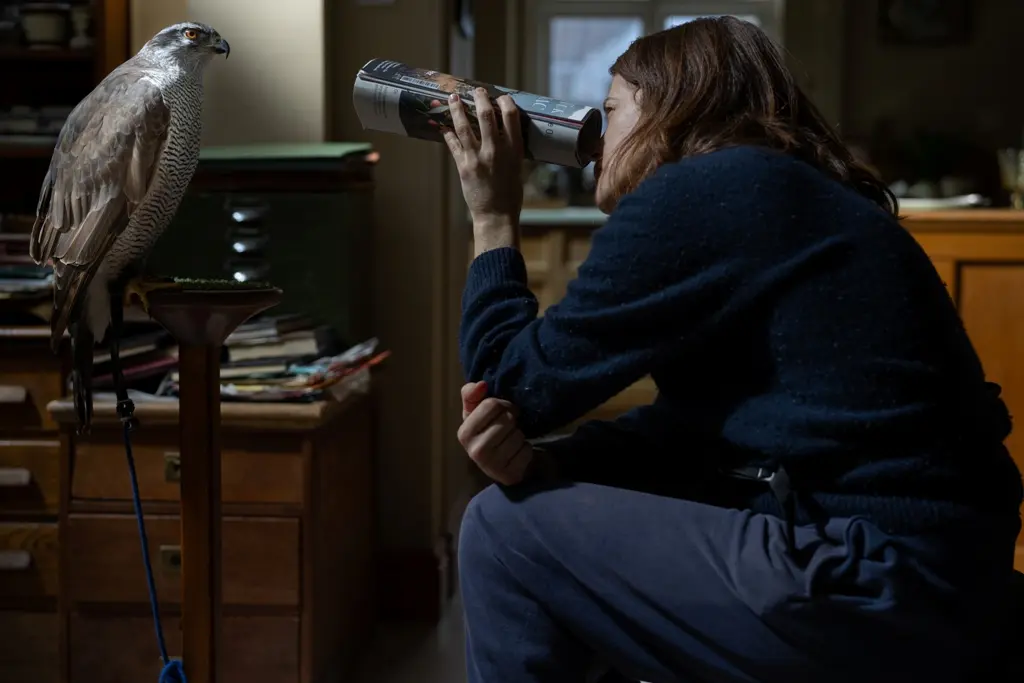R | 2h 2m | Drama, Action, Western, Crime| 2007
In the first 12 years of his career, James Mangold made seven movies, and there’s not a single stinker in the bunch. He might just be the greatest living American director no one could pick out of a lineup.





